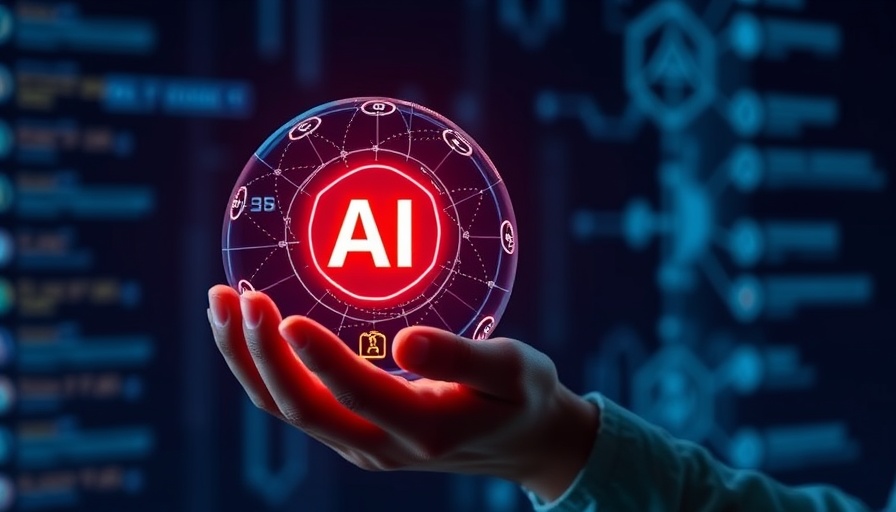
Understanding AI's Impact on Employment
As technology rapidly evolves, particularly with the rise of artificial intelligence (AI), its implications on the job market have raised burning questions for professionals across various sectors. In 2025, major companies like Microsoft and IBM are laying off thousands due to AI advancements, creating conversations about both the risks and opportunities posed by this disruptive technology.
The Current Job Landscape in Tech
This year alone, reports indicate over 77,000 jobs have been lost in the tech sector, highlighting a concerning trend. For example, Microsoft recently cut 6,000 positions across roles that AI is increasingly taking over, such as software engineers and marketers. Similarly, IBM has laid off 8,000 staff, primarily in HR, revealing that many functions in human resources are now automated. These cuts are increasingly common, as seen in Google's previous layoff of 10,000 employees and smaller firms like Duolingo opting for AI over human workers. This disruption signifies a pivotal moment for the traditional employment structure.
Job Creation Amidst Automation
While many fret about the loss of jobs, the narrative isn't solely negative; predictions suggest that new job opportunities will emerge. The World Economic Forum forecasts a net increase in jobs, with estimates of 170 million new roles being created, counterbalancing the 92 million set to vanish. However, there’s a caveat: Will the workforce possess the necessary skills to fill these new positions? This question looms large for those whose roles are becoming obsolete, particularly those who have spent decades honing specific trades.
Strategies for Professionals to Adapt
For professionals in healthcare, finance, and sustainability who are facing these challenges, proactive steps can help navigate this transition. Embracing continuous learning and pursuing skills relevant to emerging technologies—ranging from AI ethics to data analytics—may position them well in the evolving job market. Organizations must also provide educational and retraining programs that equip employees for success in new roles, effectively bridging the gap between current capabilities and future demands.
Future Trends and What They Mean for Professionals
The landscape of work continues to shift dramatically. As we venture into this AI-driven world, professionals should actively engage with technology trends and seek out organizations that encourage innovation and adaptability. Networking with peers, attending industry conferences, and engaging with startups can help one navigate emerging markets and discover hidden opportunities.
In Summary
AI's ramifications on employment over the next few years will be far-reaching. While it poses challenges, it opens doors to exciting innovations and growth areas, especially for those who are willing to adapt their career paths. By remaining informed about industry trends and actively participating in career development, professionals can transform potential disruptions into significant opportunities.
As we look toward the future of work, it's essential to stay engaged with the changes around us and to embrace the opportunities that arise from the advancements in technology. Are you ready to shift gears in your career? Take the first step toward preparing for tomorrow’s job market today!
 Add Row
Add Row  Add
Add 




Write A Comment